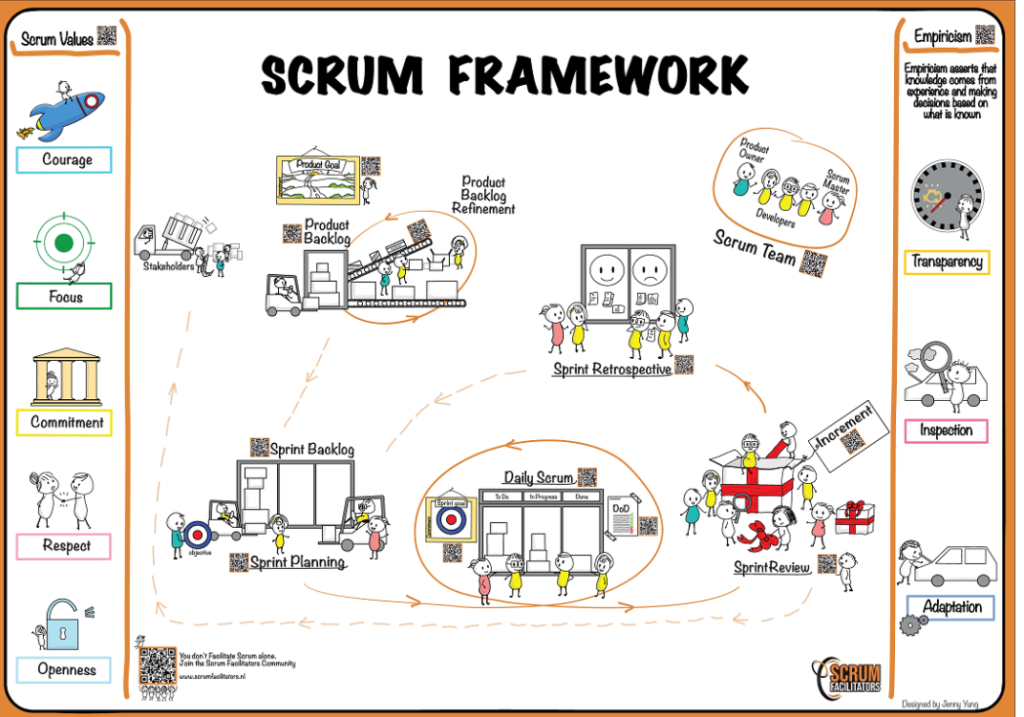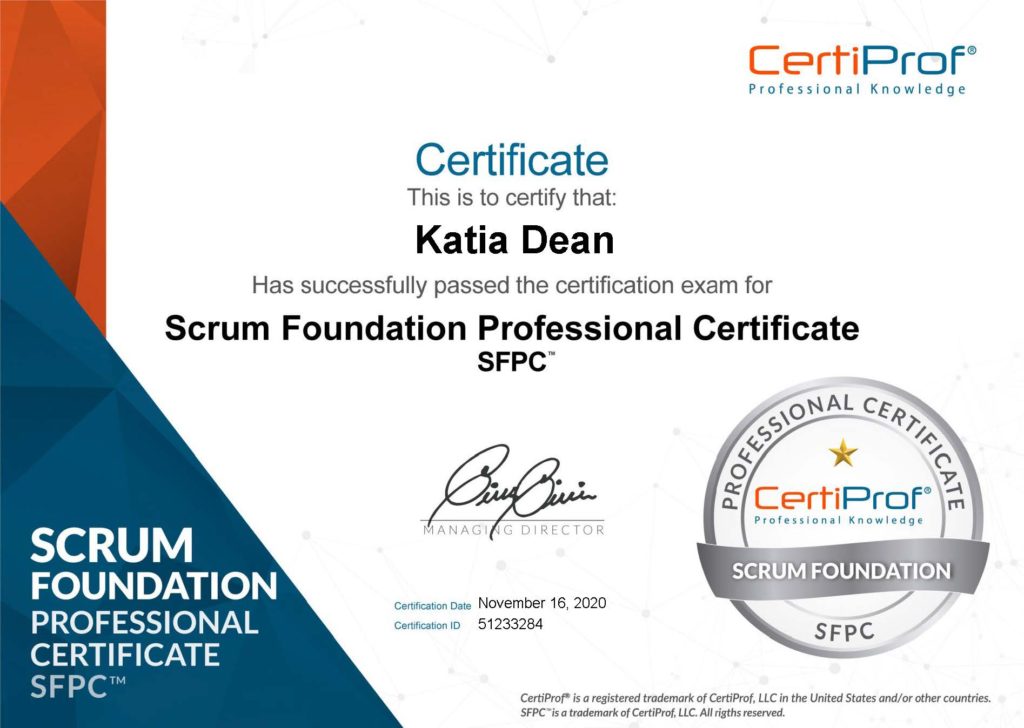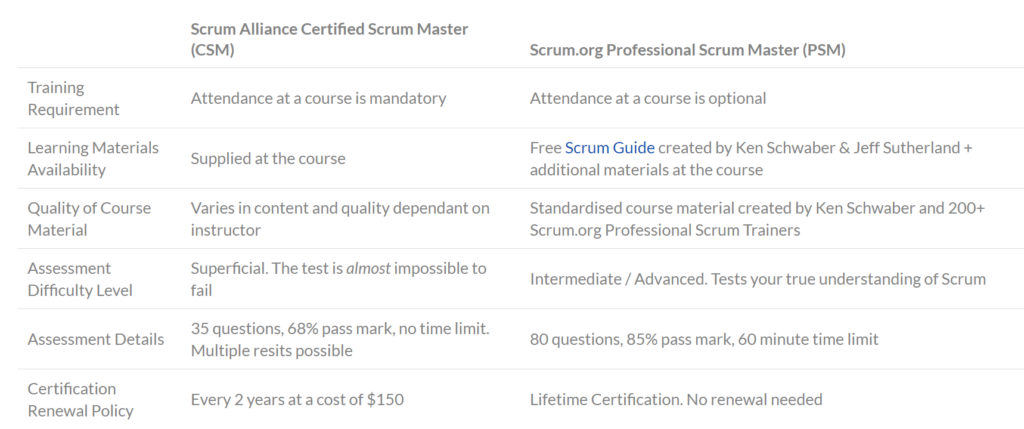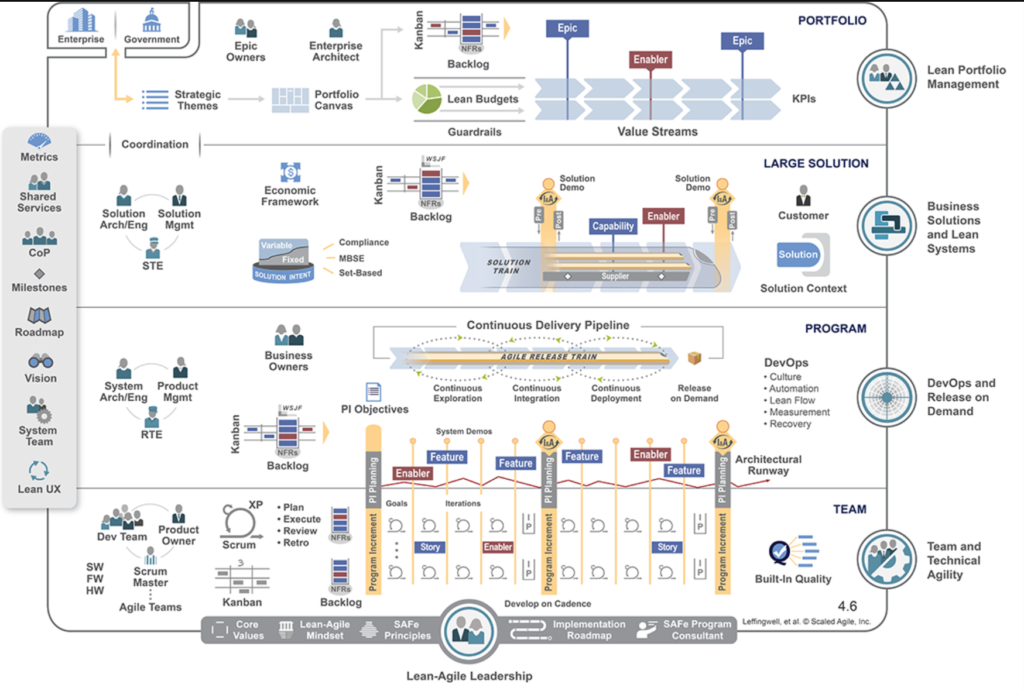If you have followed my blog series, I have made it my mission to let people know that Cybersecurity Is For Everyone and that you have the transferable skills to excel in this discipline area. A more in-depth discussion about this concept is in my eBook The Struggle is Real A Blueprint To Excelling Into The Cybersecurity Discipline. So how does a Scrum Master pivot into cybersecurity?
First, let us discuss the meaning of Scrum. “ Scrum is a lightweight framework that helps people, teams, and organizations generate value through adaptive solutions for complex problems.” Some companies incorporate this framework, and this a new skillset to become aware of to build your career to pivot into cybersecurity.

Second, what is a Scrum Master? A Scrum Master as defined in the Scrum Guide. This person ensures that Scrum, which is the framework, is established within the organization. There are a few ways this is implemented: through improving the teams’ practices within the framework. This leader assists the other team members and removes barriers between stakeholders and Scrum Teams.

NIST 800-181 Cybersecurity Workforce Publication
To get back to the point, a Scrum Master is a non-technical role within cybersecurity. In reference to the NIST 800-181 publication. The Oversee and Govern specialty area provides leadership, management, and direction to effectively conduct cybersecurity work. This category is where my skillset algins utilizing my expertise from an Engineering background and past work experience. Below are the specialty areas to consider.
Specialty Areas
Cybersecurity Management
Training, Education, and Awareness
Program/Project Management and Acquisition
Certifications
The famous saying from me, “ Don’t get Cert Happy,” because I often see the following: some people are great test takers and excel on the 1st attempt, or someone told you to get these certs to break into the field. Which leads to people still having a challenging time finding a role. To clarify, no one considers “well what role can I pursue after I have passed this exam”.
To be sure, based on my current role.; understanding the foundations of Scrum was essential to succeed at work. In addition to this, I shared my experience. Passing The Scrum Foundation Professional Certification. After, passing this exam I knew I wanted to step up my knowledge about certain roles within Scrum.

Next, was to decide between the Professional Scrum Master Certification or the Certified Scrum Master Certification. The two main differences between these certifications were the following:

For this reason, I decided to challenge myself and attempt the Professional Scrum Master (PSM) exam. The final score during my 1st attempt was a score of 70%. This score was a huge accomplishment because this means I still understand the concepts of a scrum master. As you could see above if I attempted the CSM exam then I would have passed. More information can be found here at https://www.scrumalliance.org/get-certified. I will attempt the PSM again within the next week.
Currently, at work, the SAFe Agile framework is more complex to understand. However, later on, next year I will attempt the Certified SAFe® Scrum Master.

In conclusion, the Scrum Master is a non-technical role that someone from any educational background could consider to pivot into cybersecurity. Hopefully, sharing this wealth of gem knowledge gives you insight into another path. If you are lost in determining your cybersecurity path check out my course on Discovering Your Cybersecurity Career Path: Using the NIST 800-181 Publication on YouTube as well.

Great article! This information is valuable and interesting. Great job.